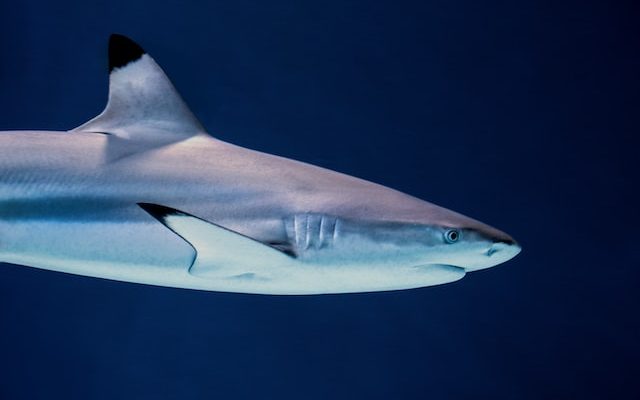CMEDIA: Slow recovery of great white sharks is reportedly seen Canadian oceans seen after decades of decline.
One of the first species listed as threatened in both Canadian and international waters was great white sharks when in 2003 marine conservation biologist Boris Worm and his research partners set off alarm bells in the scientific community by publishing their research paper on the collapse of sharks in northwest Atlantic.
The current population of white sharks, in the Atlantic region, according to Worm is estimated to be about 2,000.
“This is a really slow growing species that matures typically older than humans, at 25 or 30 years of age,” Worm was reported saying
“It has few pups in its lifetime and is very slow to reproduce.”
Reportedly being illegal to land white sharks or trade their body parts, if caught on a longline, they must be released alive.
“And it’s really brought the number of mortalities down and the numbers we see in the wild up,” said Worm.
Tagging and public awareness campaigns, according to Worm, have also helped.
Being an experienced diver, Worm swims with sharks around the planet, trying to draw them further into the world.
“We can bring these species back within my lifetime and the next generation’s lifetime. The ocean could be a lot more abundant than what we are used to,” Worm was reported saying. “We’ve made a big dent in it. But it can recover and it does recover if we give it a chance.”
#GreatWhiteSharks; #CanadianOceans; #Research





